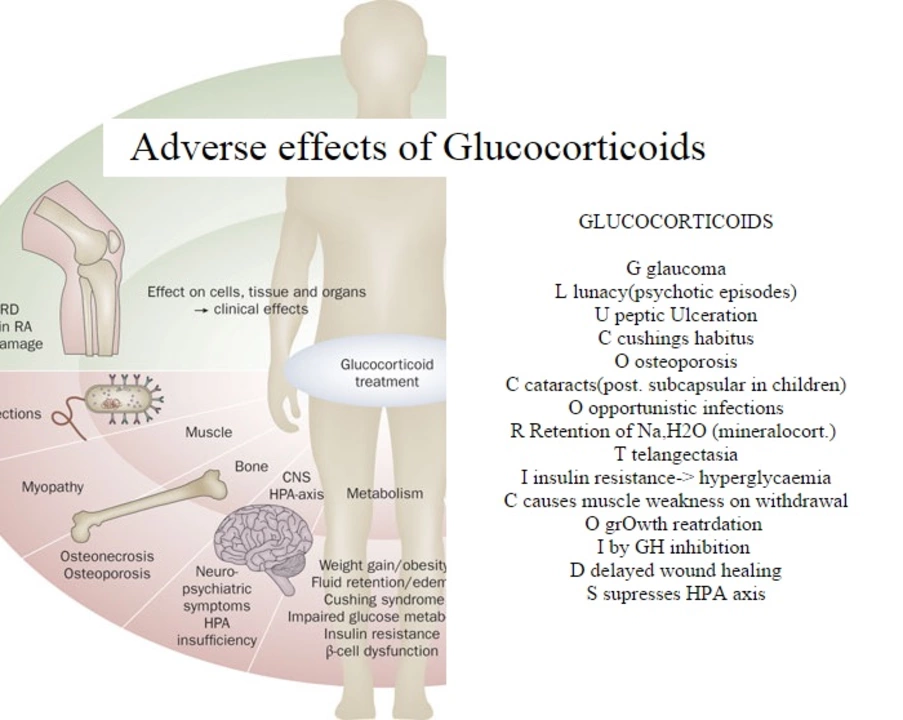Gastroparesis: What to watch for and what actually helps
Gastroparesis means the stomach empties very slowly. That can leave you with nausea, early fullness, bloating, and weight loss. If your meals sit heavy, or you vomit food hours after eating, these are clues. This page gives clear, useful steps you can try right away and explains common medical options.
Quick ways to manage daily symptoms
Change how and what you eat first. Try smaller meals more often—four to six tiny meals instead of three big ones. Favor low-fat and low-fiber foods; fat and fiber slow stomach emptying. Pureed or blended meals and soups often move through faster than solid chunks. Drink calories (smoothies, meal-replacement drinks) if solids make you sick.
Eat slowly and chew well. Sit upright for 30–60 minutes after eating. Avoid carbonated drinks and alcohol, and limit high-fat snacks like fried foods and nuts. If you have diabetes, keeping blood sugar steady helps stomach function—check with your doctor about adjusting insulin or meds.
Treatments doctors commonly use
Medications that speed emptying or control nausea are common. Metoclopramide is prescribed often for gastroparesis; it can help with emptying and nausea but carries a small risk of movement side effects if used long-term. Domperidone and low-dose erythromycin are other options. Always talk risks and benefits with a clinician—don’t start or stop these drugs on your own.
For people who can’t eat enough, doctors may suggest tube feeding (enteral nutrition) or special devices that help empty the stomach, like gastric electrical stimulators. In rare cases, surgery is considered. If vomiting is severe, IV fluids or hospital care might be needed to treat dehydration and correct electrolytes.
Testing usually starts with blood work and a gastric emptying study to confirm delayed emptying. Endoscopy or imaging might check for blockages. These tests help tailor treatment—don’t skip them if your symptoms are ongoing.
Simple habits make a big difference: keep a food diary to spot triggers, schedule meals at regular times, and plan easy snacks you tolerate well. Over-the-counter anti-nausea meds can help short term, but discuss long-term plans with your doctor.
When to call for help: heavy, ongoing vomiting; rapid weight loss; signs of dehydration (low urine, dizziness); chest pain or bloody vomit. If you feel your medicines aren’t working or side effects appear, contact your provider.
Want to read more about specific drugs? We have a detailed guide on metoclopramide and safe online options for getting prescriptions. Use that as a starting point when talking with your clinician about medication choices.
Gastroparesis can be frustrating, but small changes in diet and daily habits plus the right medical plan often bring real relief. Keep notes on what helps and keep your care team in the loop so you can adjust treatment as needed.

Gastroparesis: How to Manage Delayed Gastric Emptying with Diet and Lifestyle
